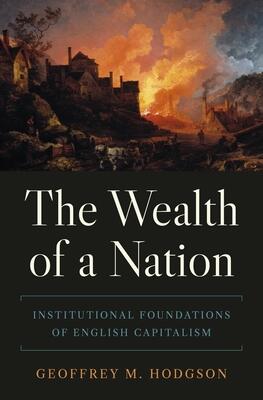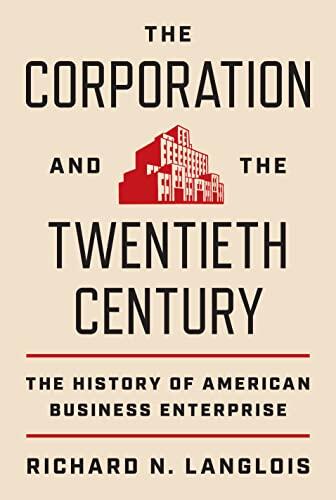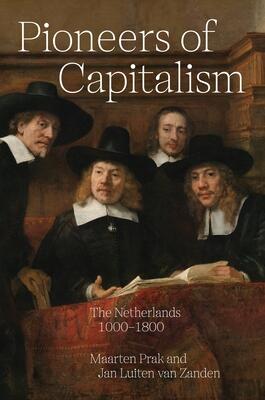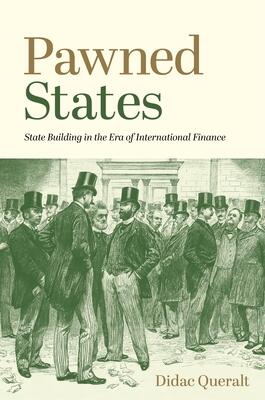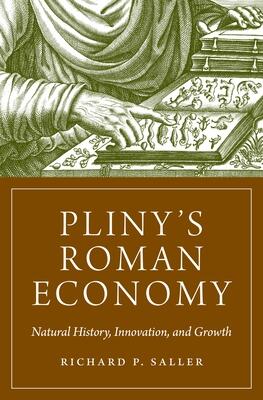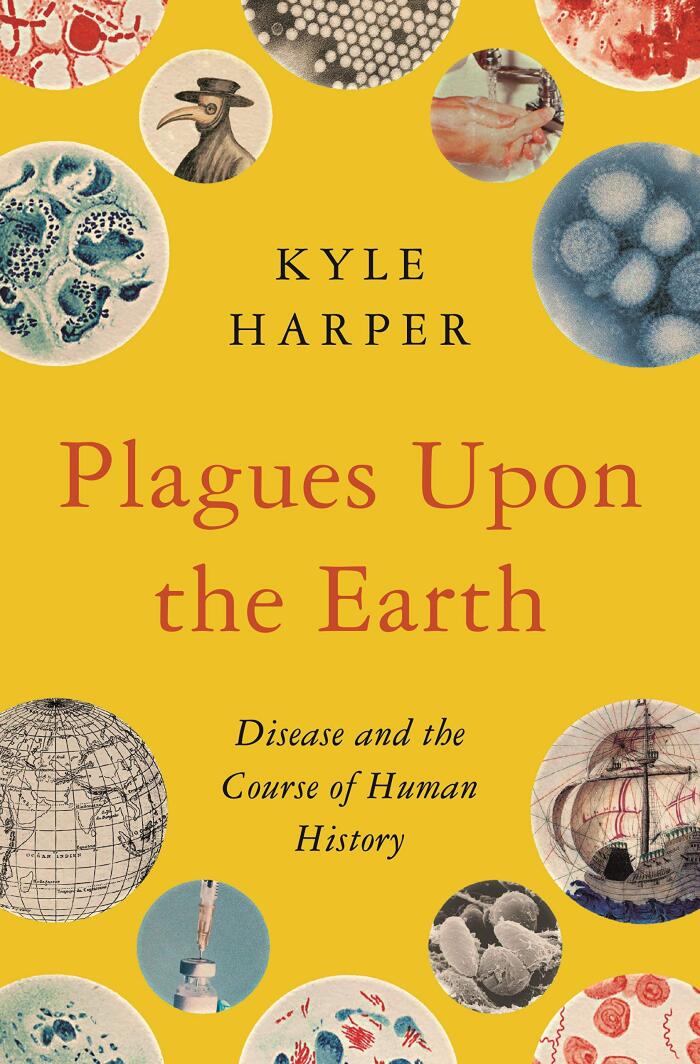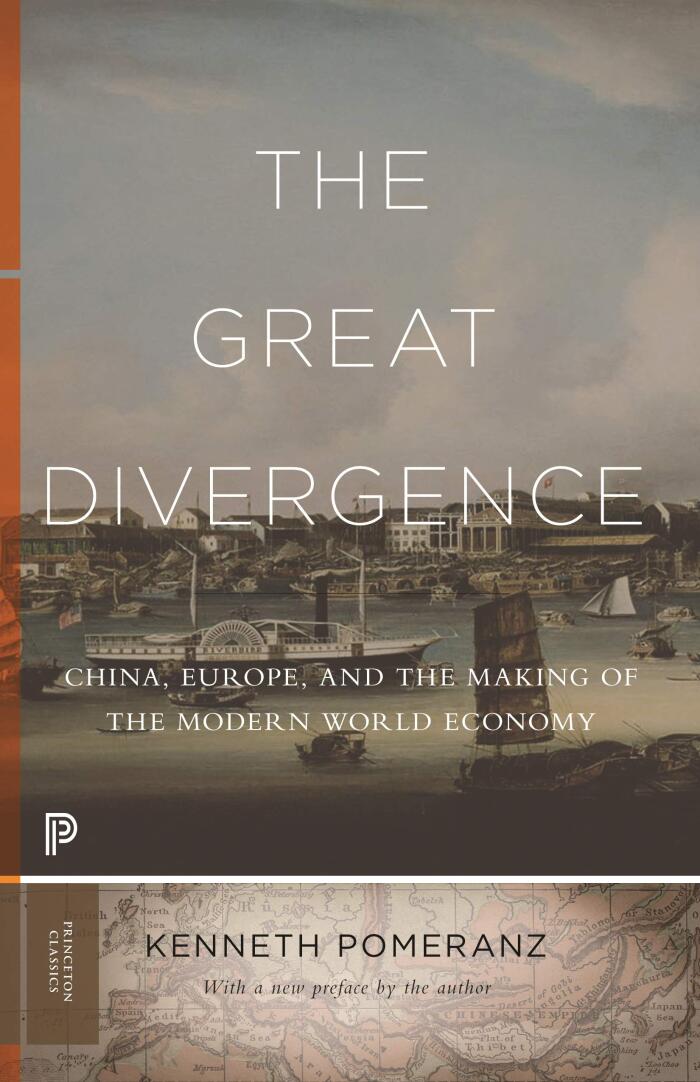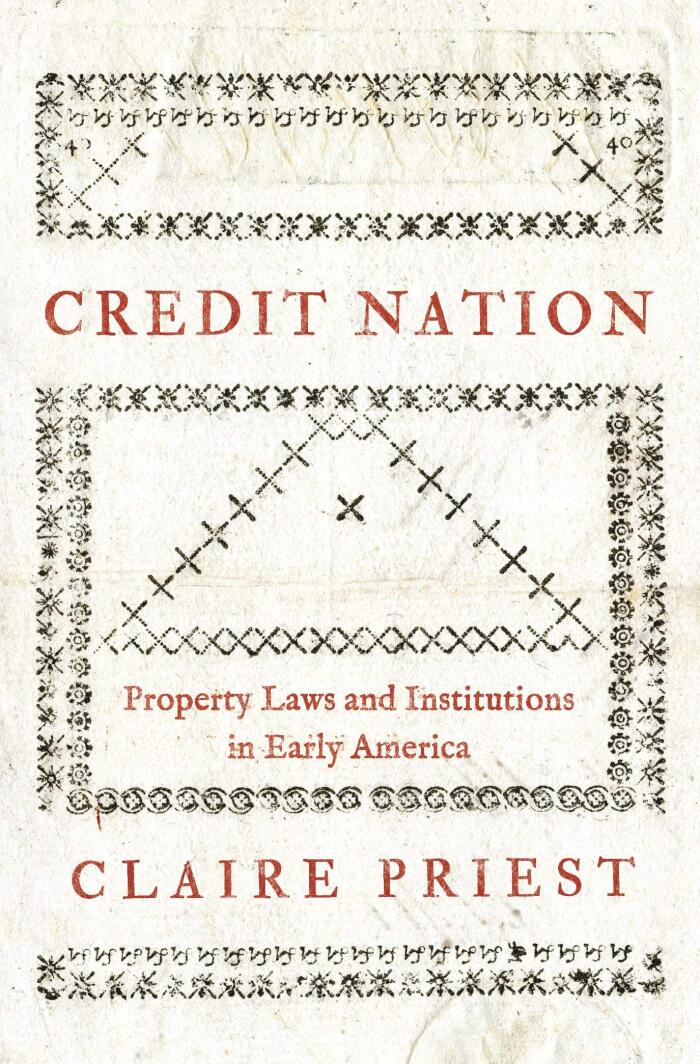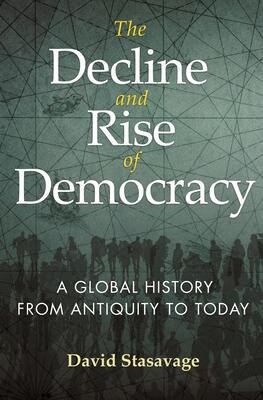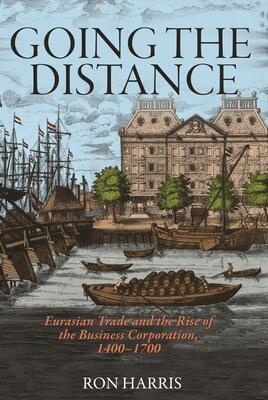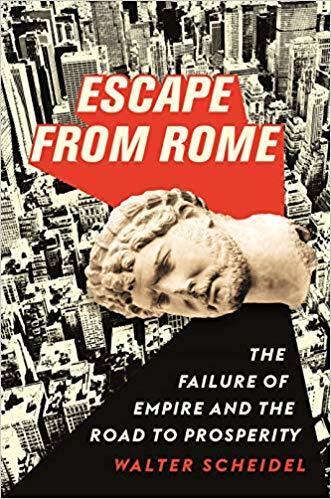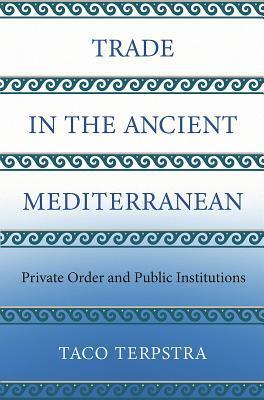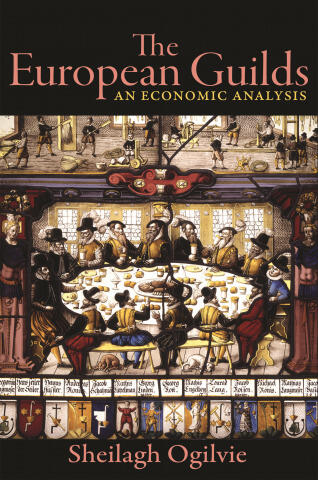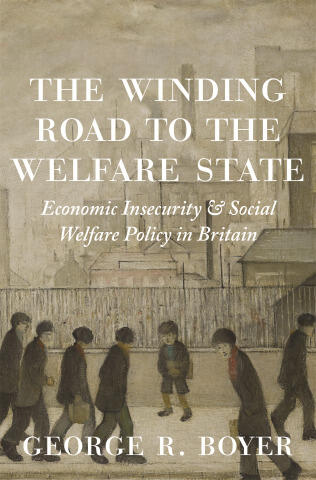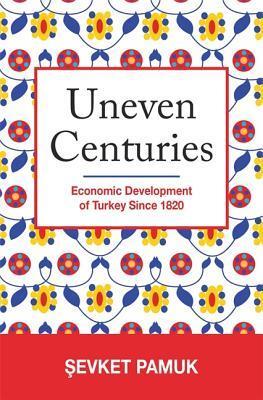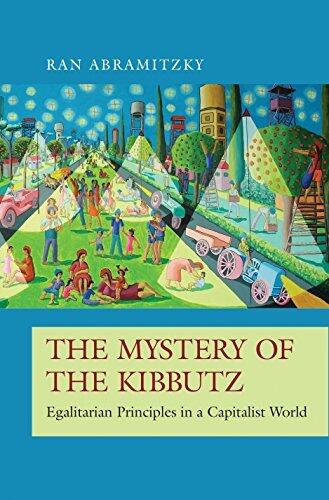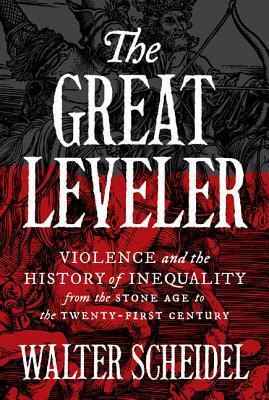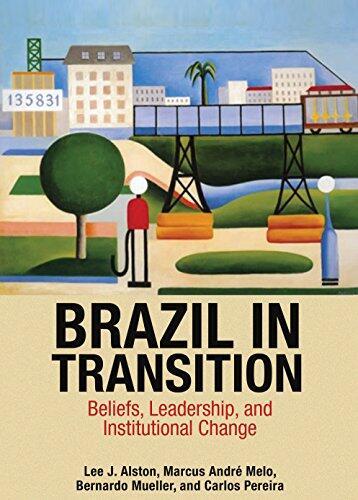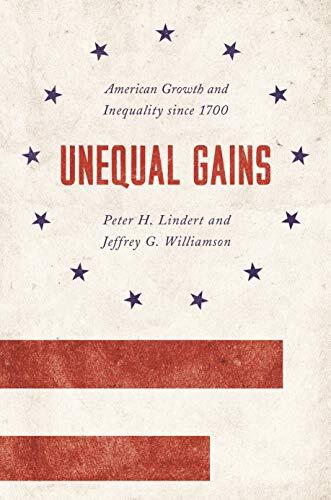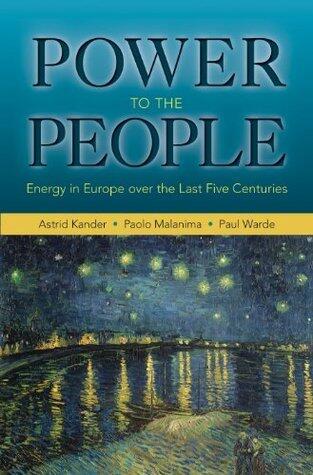
Power to the People: Energy in Europe over the Last Five Centuries
还没有评分
格式
Kindle
页数
464
语言
英语
已发布
Jan 5, 2014
出版商
Princeton University Press
描述
Power to the People delves into the intricate tapestry of energy consumption across Europe over the last five centuries, highlighting how it has influenced and shaped societal dynamics. With the collaborative insights of Paul Warde, Astrid Kander, and Paolo Malanima, the narrative weaves together historical trends, technological advancements, and the cultural shifts that have emerged in response to changing energy landscapes.
Throughout the discourse, readers encounter the evolution of energy sources, from traditional wood and coal to modern renewables, illuminating how these transitions have affected economies and daily life. The authors skillfully illustrate the interplay between energy usage and social structures, illustrating how access to energy has both empowered individuals and communities while also amplifying inequalities.
With a keen eye for detail, the text not only recounts historical developments but also provokes thought about contemporary energy challenges, making connections to current debates on sustainability and climate change. This comprehensive exploration encourages readers to reflect on the past, understand the present, and consider the implications for the future.
Throughout the discourse, readers encounter the evolution of energy sources, from traditional wood and coal to modern renewables, illuminating how these transitions have affected economies and daily life. The authors skillfully illustrate the interplay between energy usage and social structures, illustrating how access to energy has both empowered individuals and communities while also amplifying inequalities.
With a keen eye for detail, the text not only recounts historical developments but also provokes thought about contemporary energy challenges, making connections to current debates on sustainability and climate change. This comprehensive exploration encourages readers to reflect on the past, understand the present, and consider the implications for the future.
